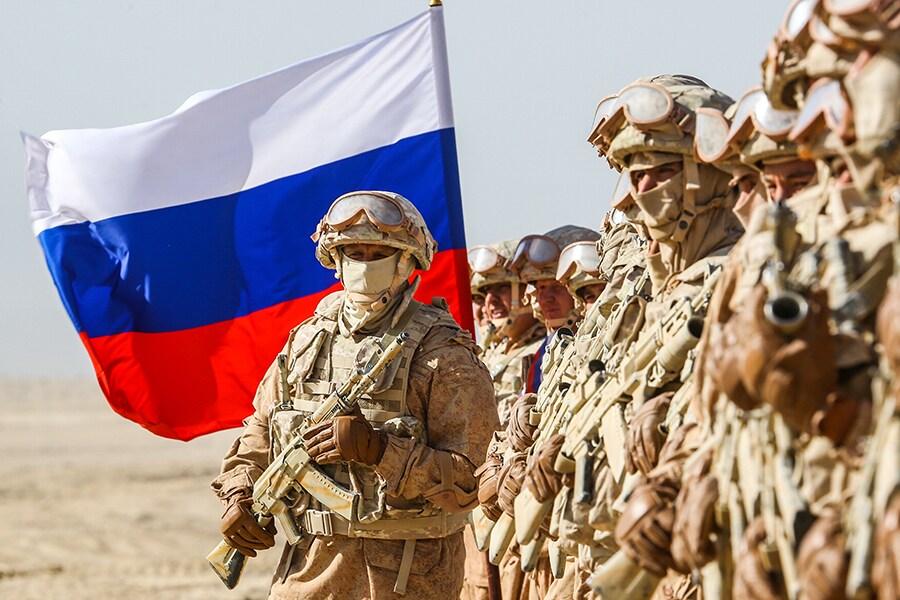
With US exit, Russia's power in Central Asia grows ever stronger
Russia, China and Pakistan all stand to gain influence in regional affairs with the West's withdrawal, while the United States and India stand to lose
 Russian servicemen participate in joint military drills involving Russia, Uzbekistan and Tajikistan, at the Harb-Maidon training ground, located near the Tajik-Afghan border in the Khatlon Region of Tajikistan in August 2021. (REUTERS/Didor Sadulloev)
Russian servicemen participate in joint military drills involving Russia, Uzbekistan and Tajikistan, at the Harb-Maidon training ground, located near the Tajik-Afghan border in the Khatlon Region of Tajikistan in August 2021. (REUTERS/Didor Sadulloev)
DUSHANBE, Tajikistan — As the Afghan government collapsed this week in Kabul and the United States scrambled to speed up its evacuation effort, hundreds of Russian armored vehicles and artillery pieces were clearly visible hundreds of miles away, on the border with Tajikistan.
They were part of a high-profile military exercise taking place just 12 miles from a Taliban position, and they were there, a Russian general said, to make a point.
“They are all visible,” said Gen. Anatoly Sidorov, commander of the forces involved in the exercise. “They are not hiding.”
It will now be Russia, the exercises signaled, that will be shielding Central Asia from potential violence next door.
©2019 New York Times News Service







